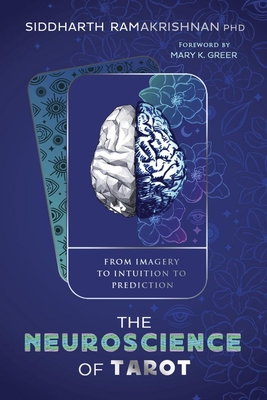Item is not available
member goods
No member items were found under this heading.
listens & views

YEVGENI MRAVINSKY CONDUCTS 2
by TCHAIKOVSKY / SHOSTAKOVICH / BERLIOZ / MRAVINSKY
COMPACT DISC$38.49
Return Policy
All sales are final
Shipping
No special shipping considerations available.
Shipping fees determined at checkout.






